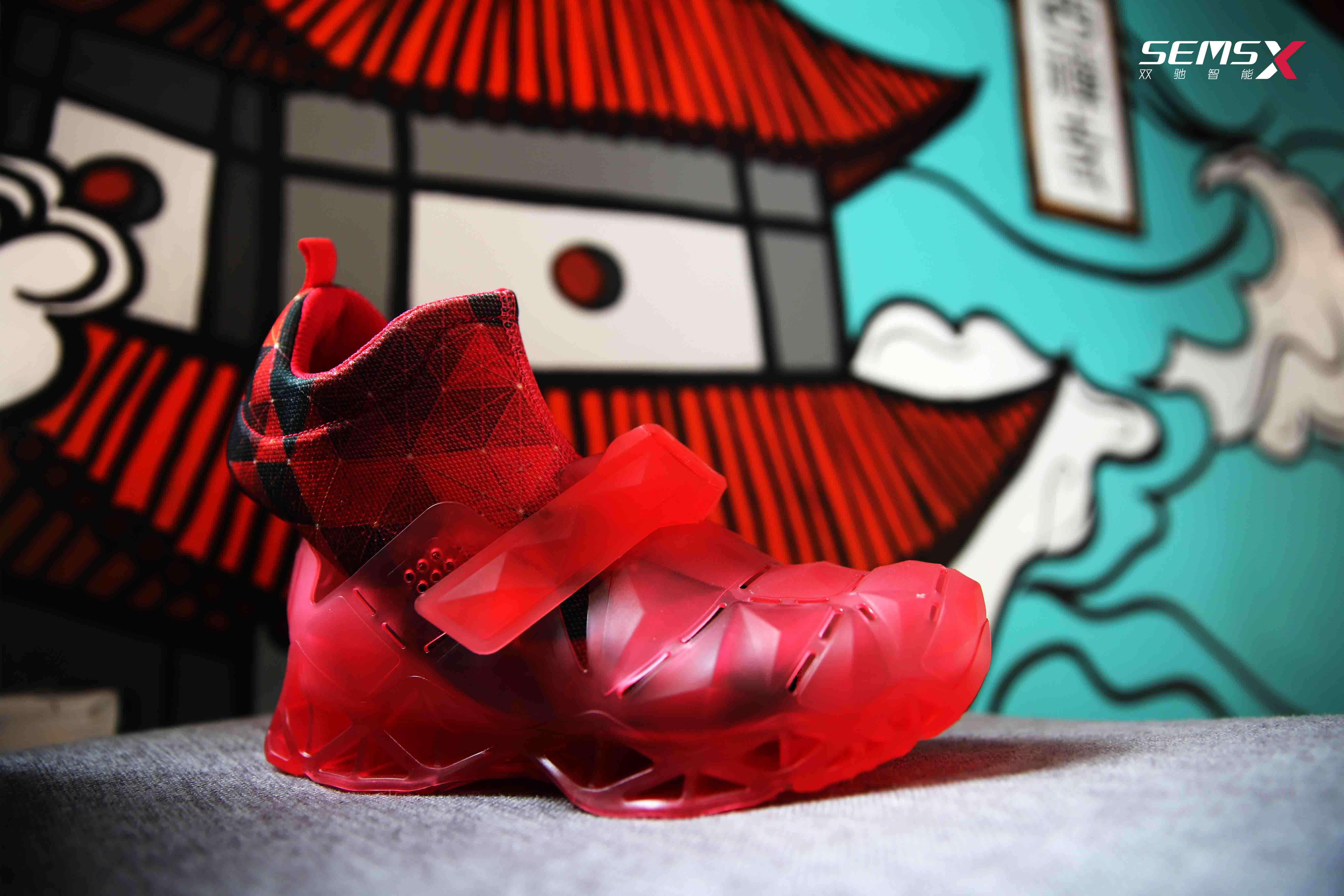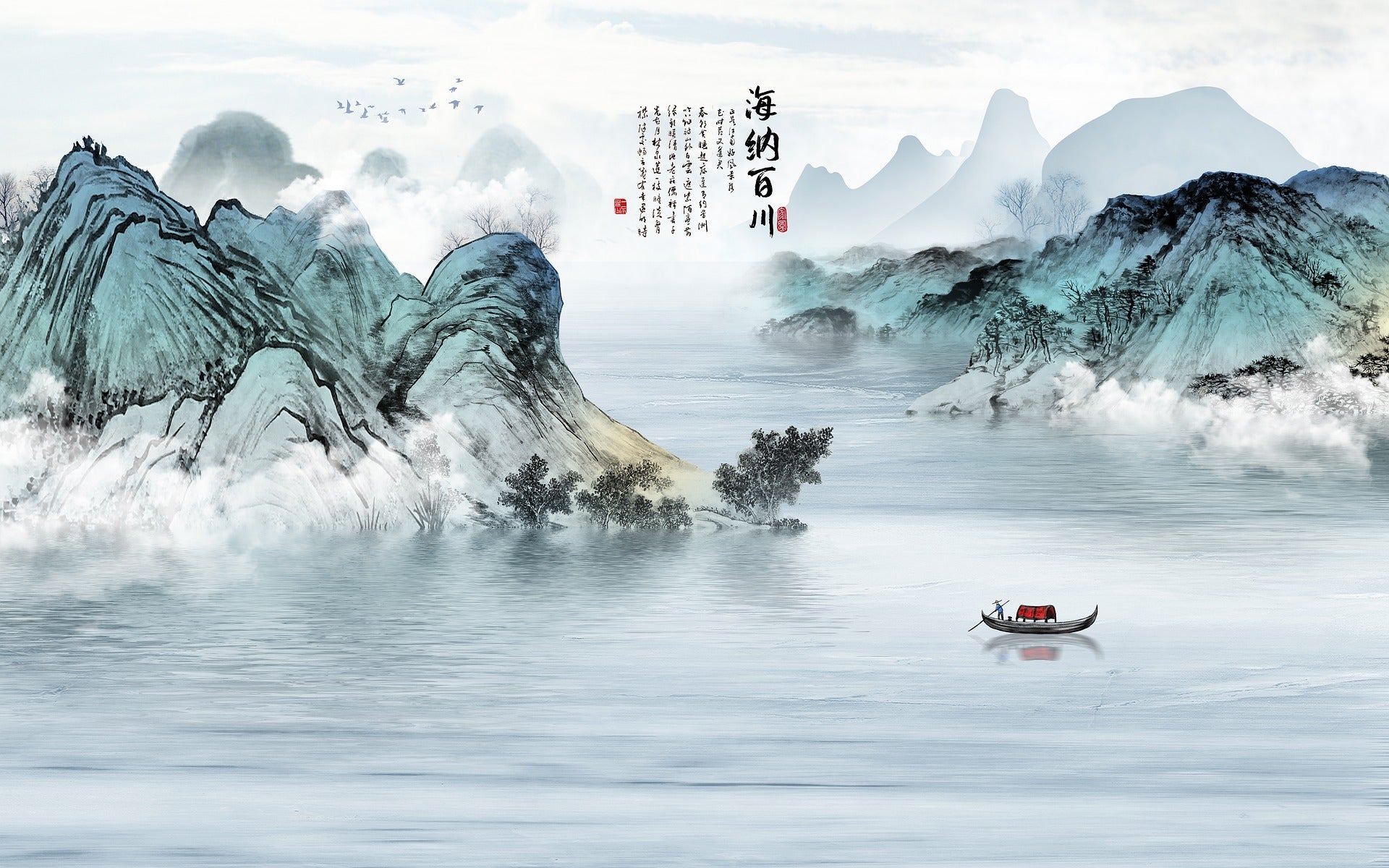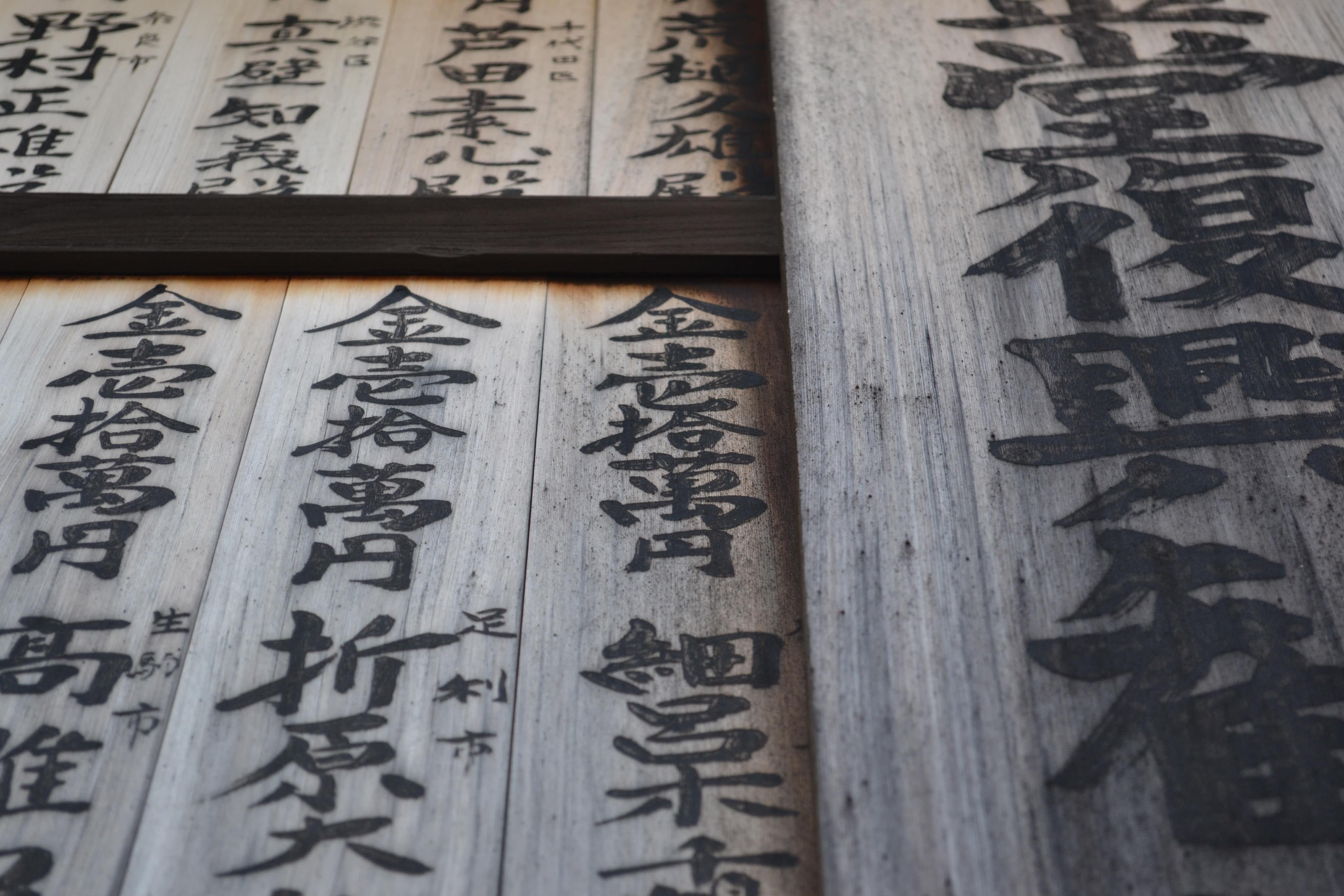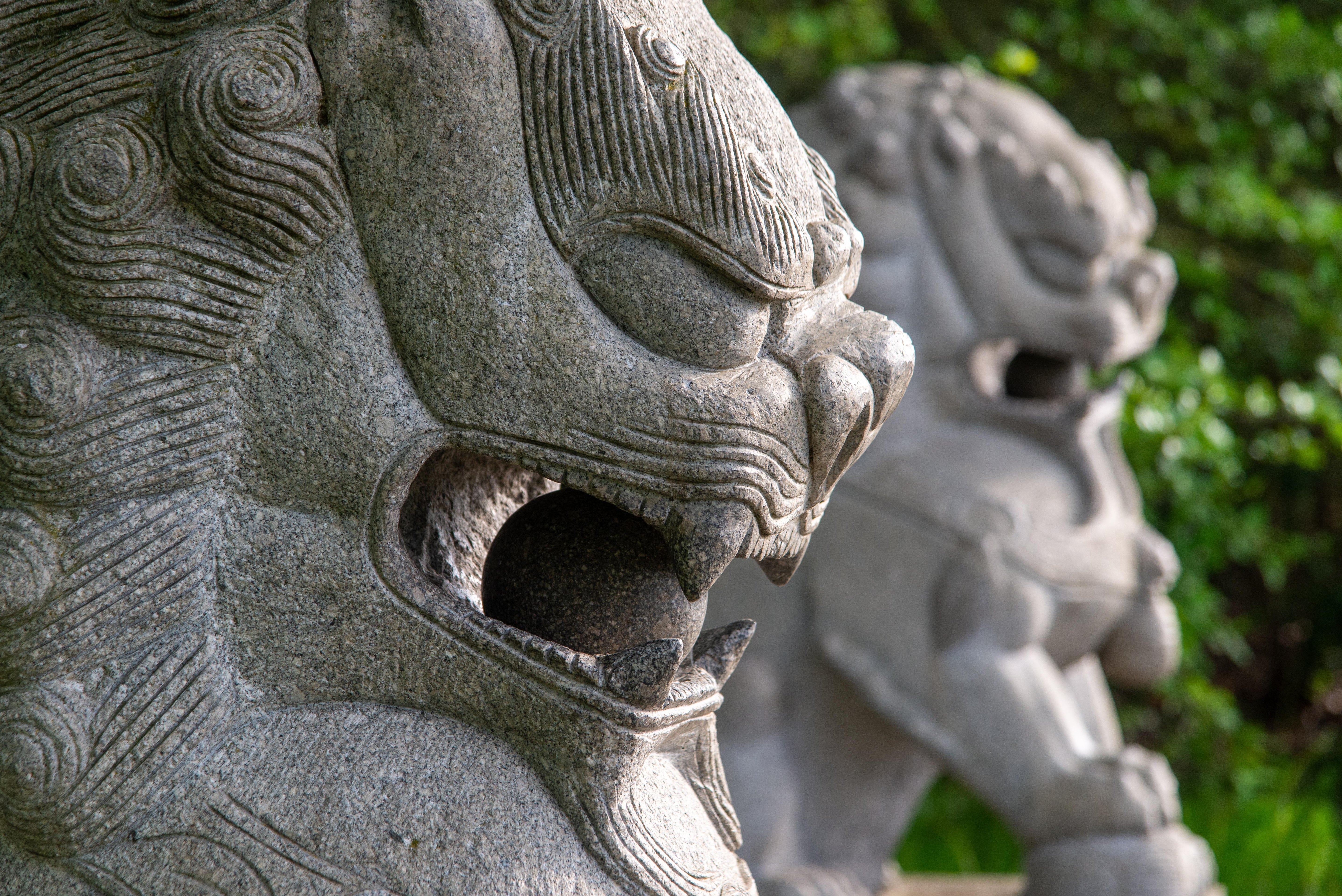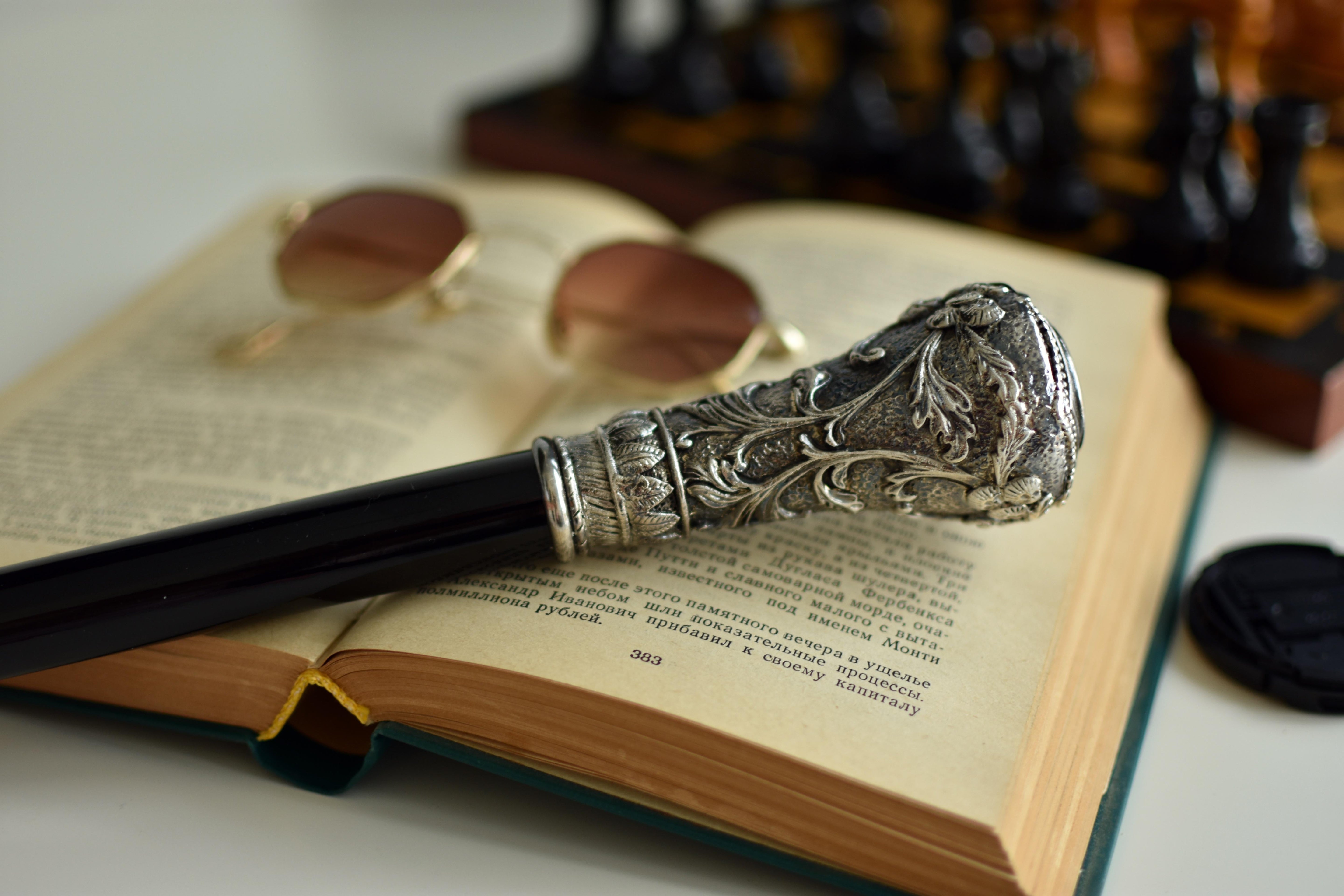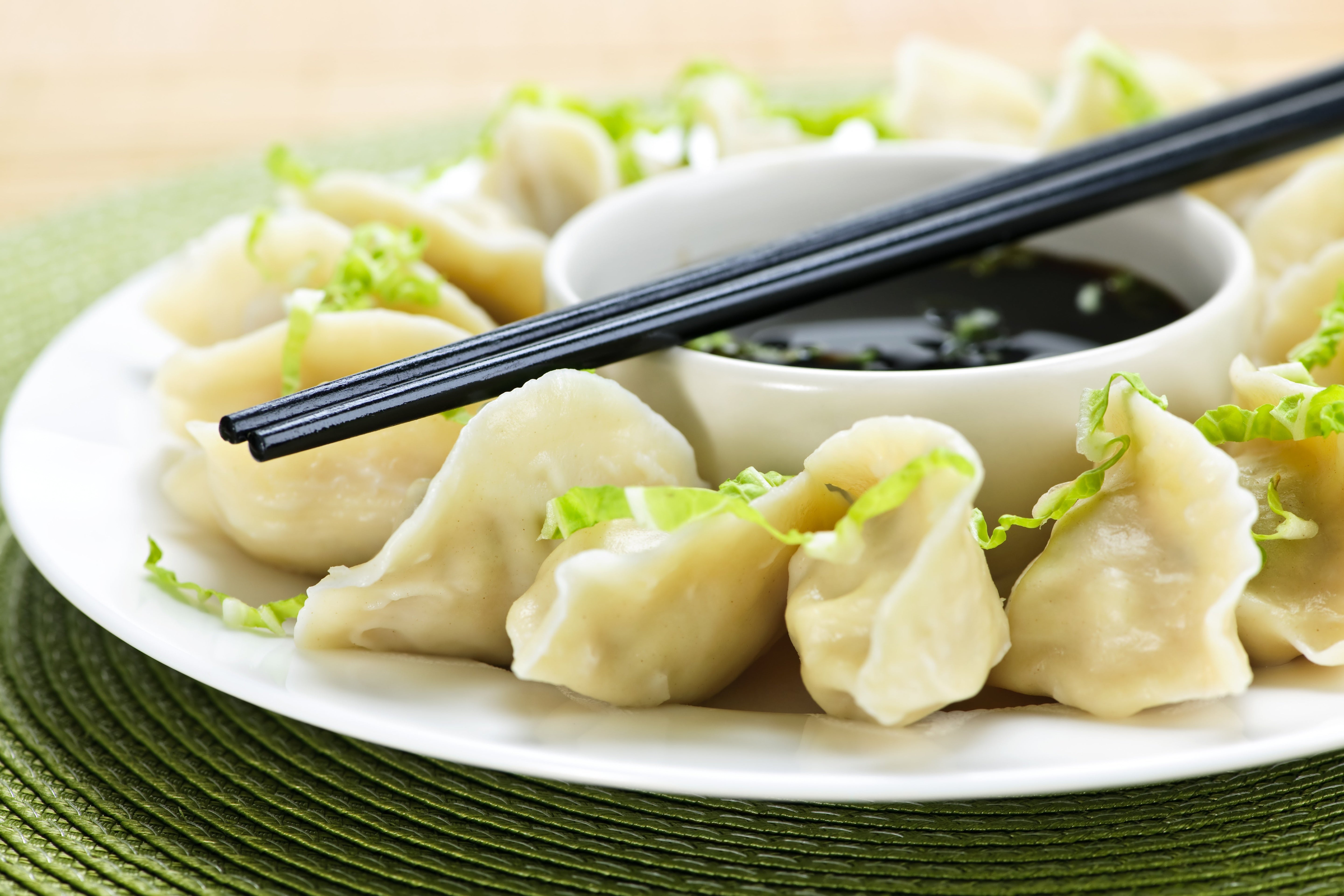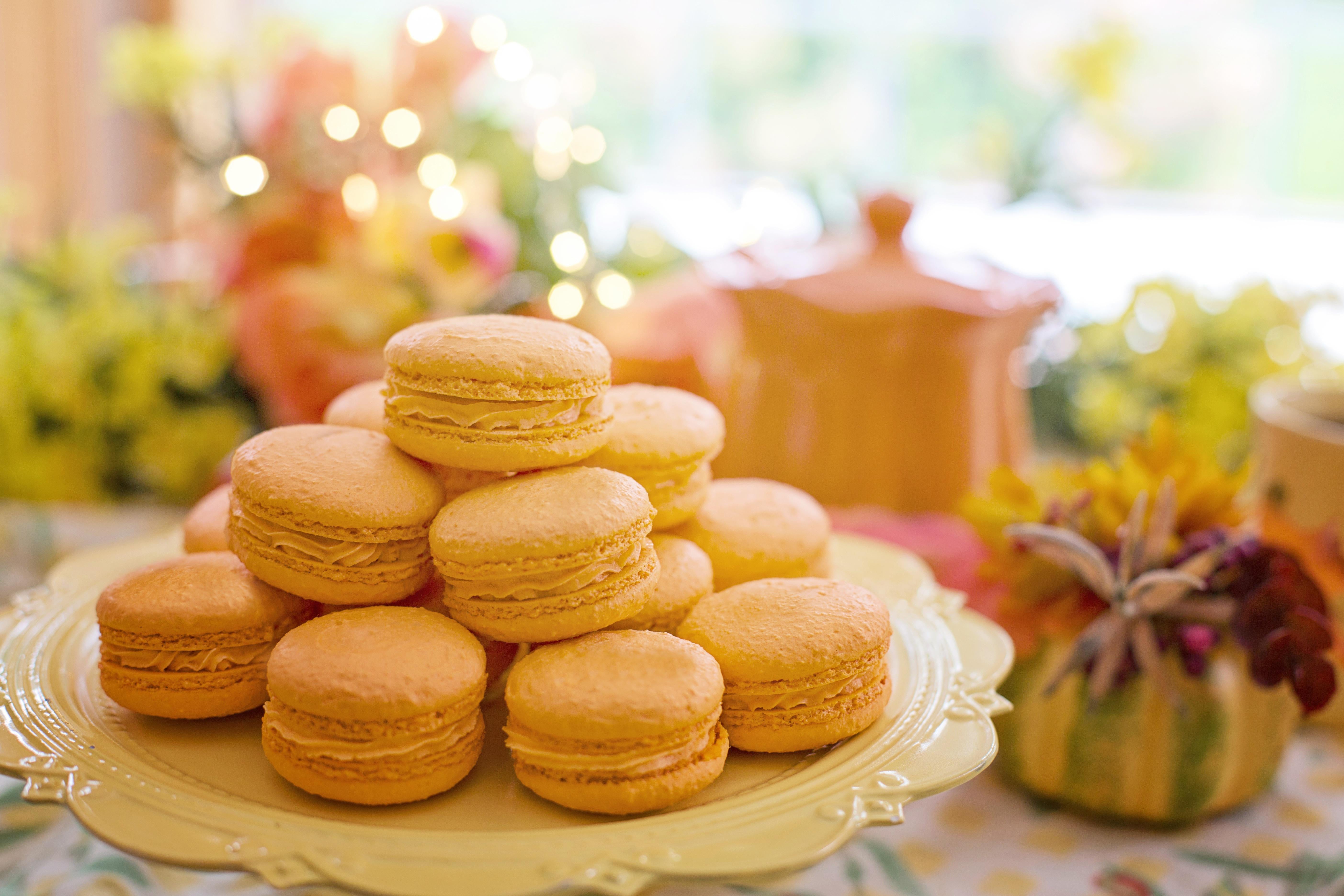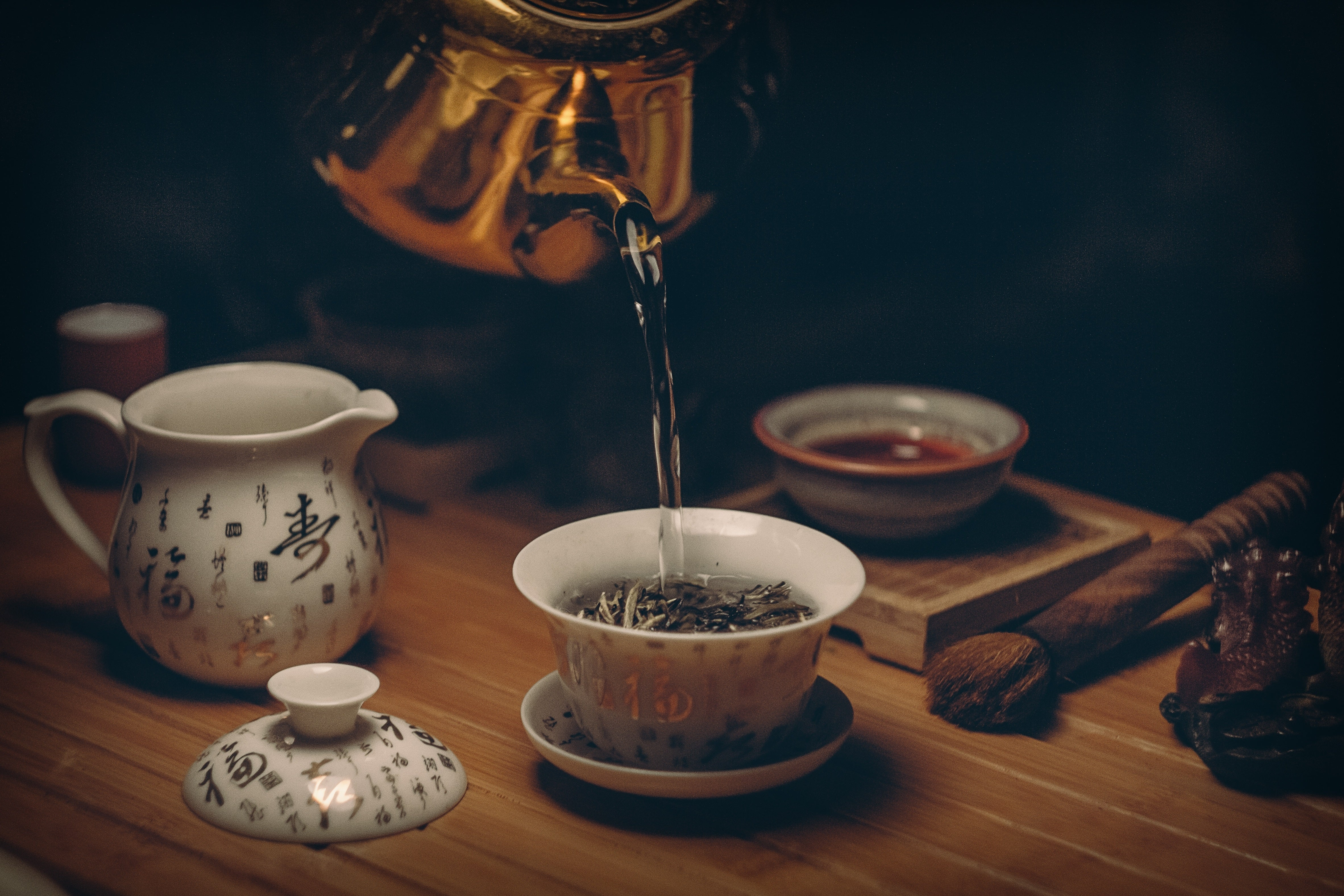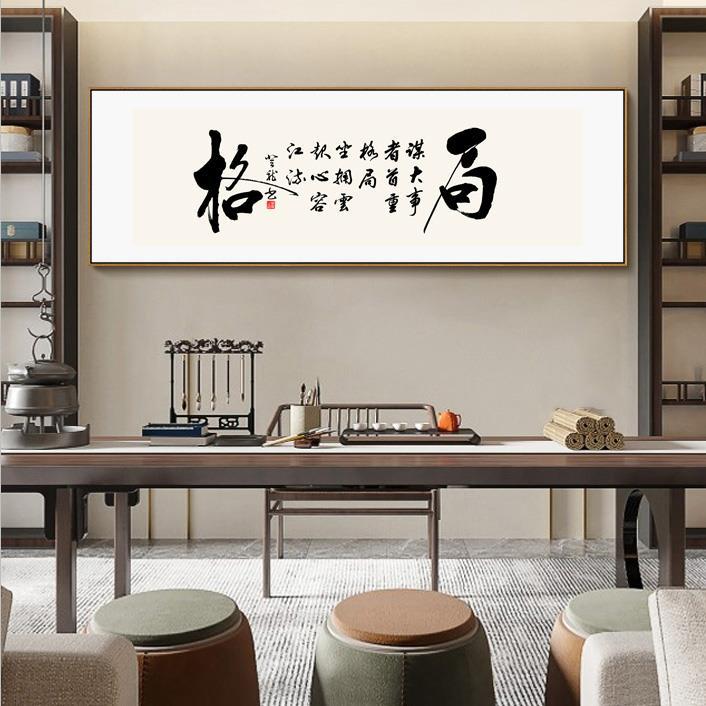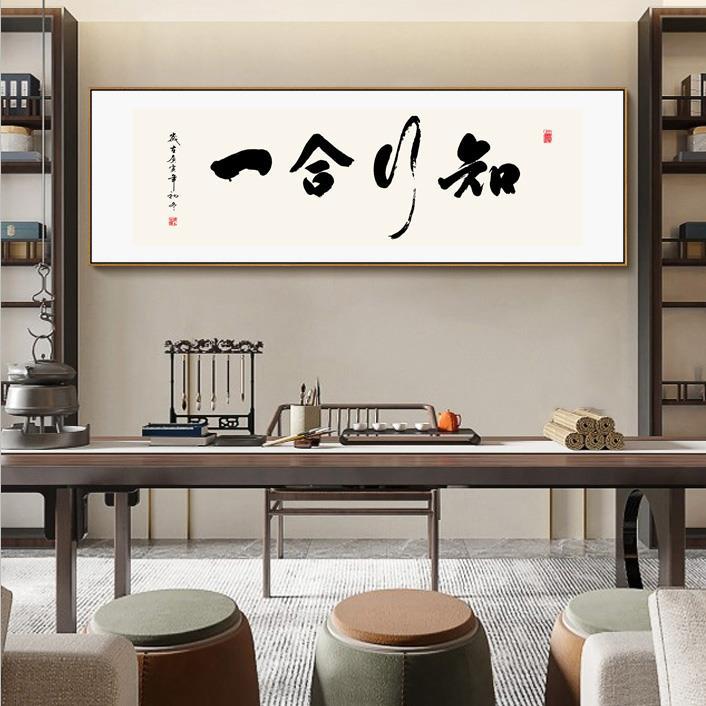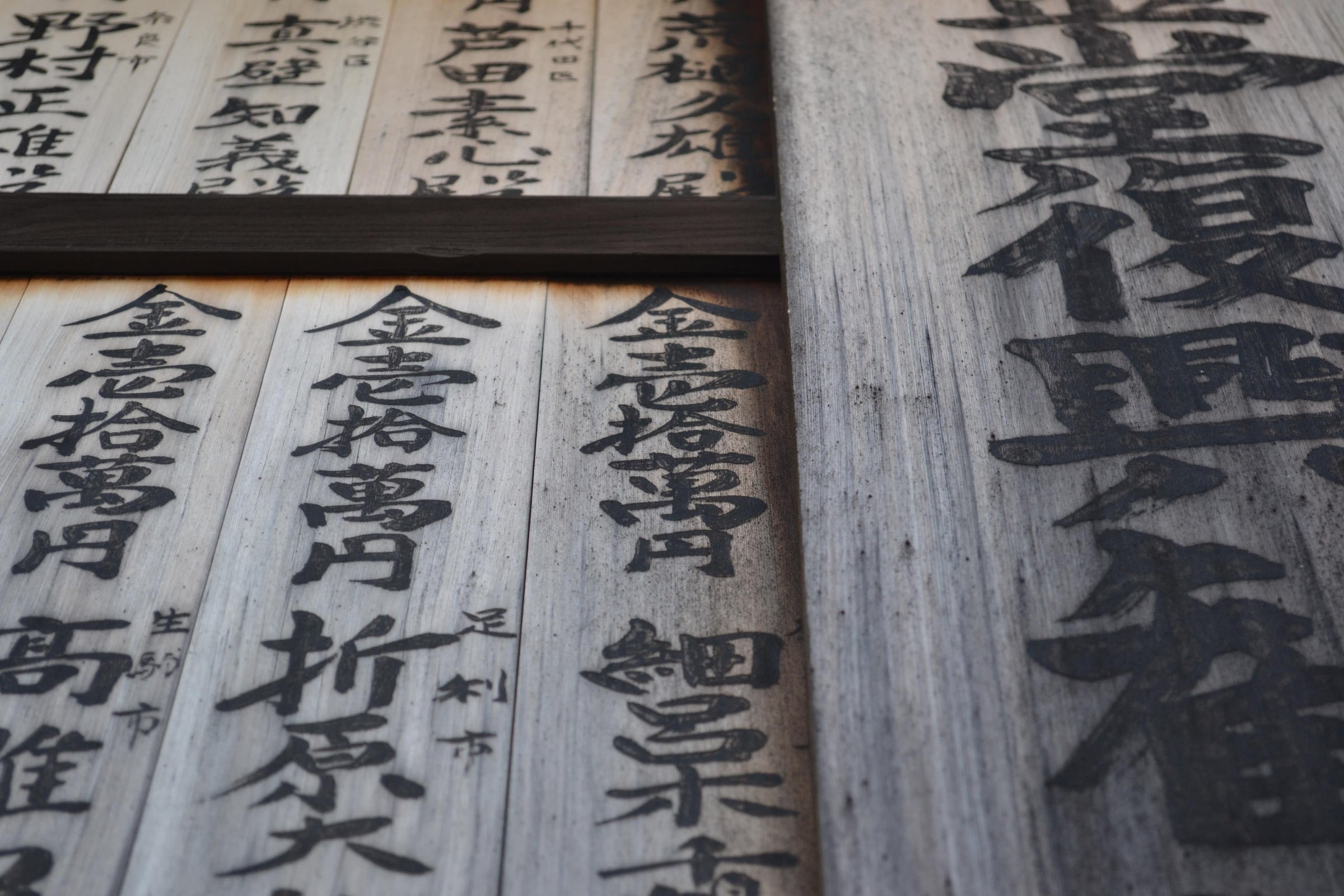
Calligraphy
Chinese Calligraphy
Chinese Calligraphy is a significant art form in Chinese culture that emphasizes the creation of beautiful and expressive characters using a brush and ink. Calligraphy is more than just writing; it blends visual art with language.
Artistic Characteristics
- Brushwork: The essence of calligraphy lies in the brushwork. The flow, pressure, and angle of the brush create unique strokes, each expressing rhythm and emotion.
- Structure: Chinese calligraphy focuses on balanced composition. Each stroke must be precise, and the relationship between strokes and characters is crucial for an aesthetically pleasing piece.
- Spirit and Vitality: Calligraphy is not only about readability but also about conveying the "qi yun" (spirit and vitality) of the work, imbuing it with emotion and mood.
-
Calligraphic Styles: There are various styles of Chinese calligraphy, including:
- Kai Shu (Regular Script): The most standardized and readable style.
- Xing Shu (Running Script): A fluid, semi-cursive style that is more free-flowing.
- Cao Shu (Cursive Script): A fast-paced, abstract style that is often difficult to read.
- Li Shu (Clerical Script): An ancient style with angular, flattened strokes.
- Zhuan Shu (Seal Script): The oldest style, used mainly for seals, characterized by decorative forms.
Types
- Personal Calligraphy Works: Calligraphers express their emotions, thoughts, and unique style through personal works.
- Famous Calligraphy: Masterpieces by renowned calligraphers, often valued as cultural treasures.
- Couplets: Calligraphy written in parallel phrases, often displayed on scrolls or walls, conveying philosophical or poetic meanings.
Cultural Significance
Chinese calligraphy is not just a form of writing; it is a reflection of the calligrapher's character, thoughts, and emotions. It is deeply influenced by Chinese philosophy, especially Confucianism and Taoism, which emphasize harmony, balance, and self-cultivation. Calligraphy is a means for scholars to showcase their learning and virtue and holds a prominent place in Chinese culture.



